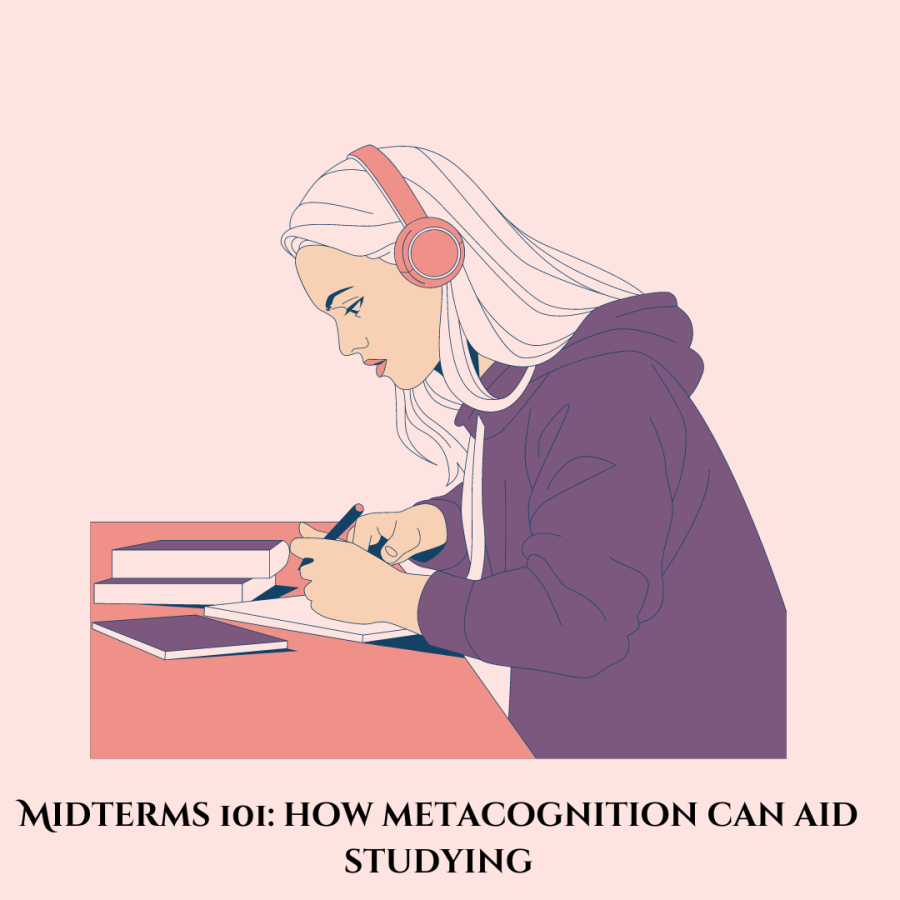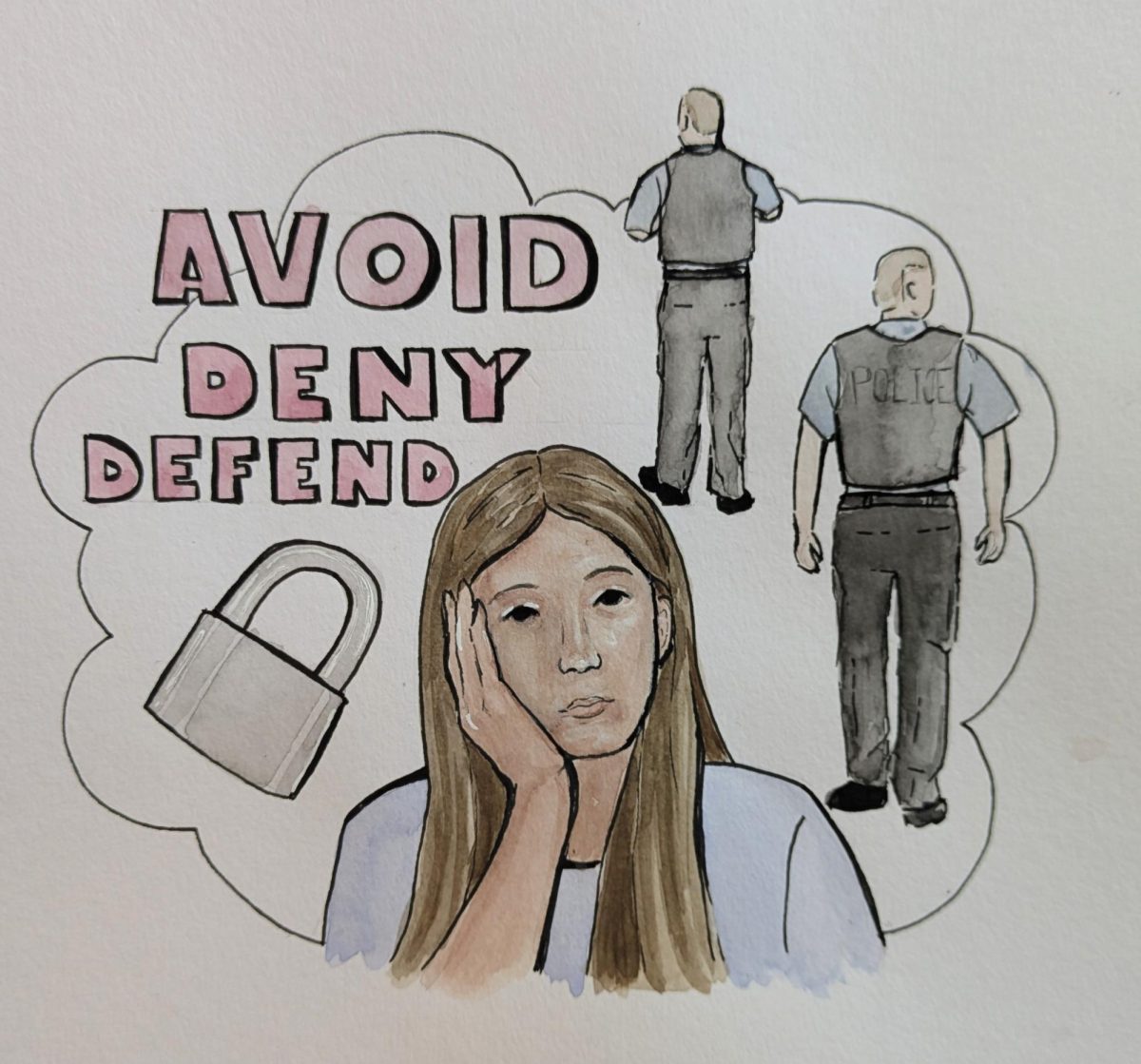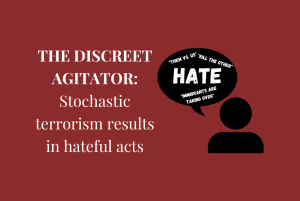Midterms 101: how metacognition can aid studying
January 25, 2023
This previously ran in our December 2022 print issue.
As the pandemic’s grip loosens on the schedules of American high schools, midterms remain at the forefront of students’ minds, generating anxiety and academic challenges for the hundreds of underclassmen– and upperclassmen– who have never taken a traditional EHS midterm.
In response to lightened COVID-19 restrictions, this year’s midterm and final exams will count as 20% of an overall course grade, as opposed to just 10% of a marking period grade last year. This sharp increase in midterm weight not only alters EHS’ grading policies, but also demands changes to students’ study habits.
One approach to effective studying applies metacognition, a term first introduced by developmental psychologist John Flavell in the 1970s. According to cft.vanderbilt.edu, metacognition most directly translates to “thinking about thinking.” In the context of studying, metacognition means students are informed on the nature of the human brain and its mental processes. They can then align their study habits to these findings, breeding effective, productive learning.
Typed vs. Handwritten Notes
In high school, the rigor and complexity of class material can often leave little time for students to take notes in between teachers’ fast-paced lectures. In response, many turn to their computers to type notes on a Google document. But take this study habit with caution– according to professor David Myers in Myers Psychology for AP, typing notes mainly involves shallow processing, where information is only encoded on a surface level.
Quite the opposite, handwritten notes consume more time than typing, which forces students to first process the information they are hearing, then condense it into bullet points on their paper. Handwritten notes use deep processing, or semantic encoding, to comprehend the meaning of a word rather than its structure. In summary, “the deeper (more meaningful) the processing, the better our retention,” Myers explains.
“Intelligence” as a Success Factor
Aside from the discourse over handwritten and typed notes, great controversy also surrounds the term “intelligence quotient” and what it measures. Some question its ability to measure mental capacities, others criticizing its role in public school “gifted” programs. Regardless of the answers to these questions, a truth remains: success is reliant on not just intelligence, but also underlying soft skills, such as time management, communication, and leadership. Think of these soft skills as activators of intelligence– the knowledge contained in a brain is only worth so much when it’s not applied and utilized. Shane Frederick, a professor of marketing at the Yale School of Management, criticizes IQ scores as “poor indicators of an individual’s all-around intelligence,” and unable “to predict how good a person will be in a particular profession.” Thus, when considering course load and class rigor, students should never use their self-declared level of intelligence to dictate what they can and can’t do. You don’t need to be “smart” to do well on these midterms. What’s more important is the drive, resilience, and hard work that will get you from point A to point B.
The Importance of Sleep
The night before midterms, it may be tempting to ignore the droop of your eyelids as you flip mindlessly through textbook pages, intending to pull an all-nighter. In the moment, sleep deprivation may seem like a short term sacrifice for higher grades, but in reality, it only hinders crucial neural pathways. Myers explains that “the brain reorganizes and consolidates information for long-term memory” during sleep, so sleep deprivation would block this process and lead to poor retention of content. In addition, Myers describes sleep loss as a “predictor of depression” and hindrance to the immune system, so even if it doesn’t directly affect your academic performance, the repercussions of these effects can impact school attendance and motivation levels. Simply put, listen to your body. Your eyelids droop and focus drifts for a reason.












